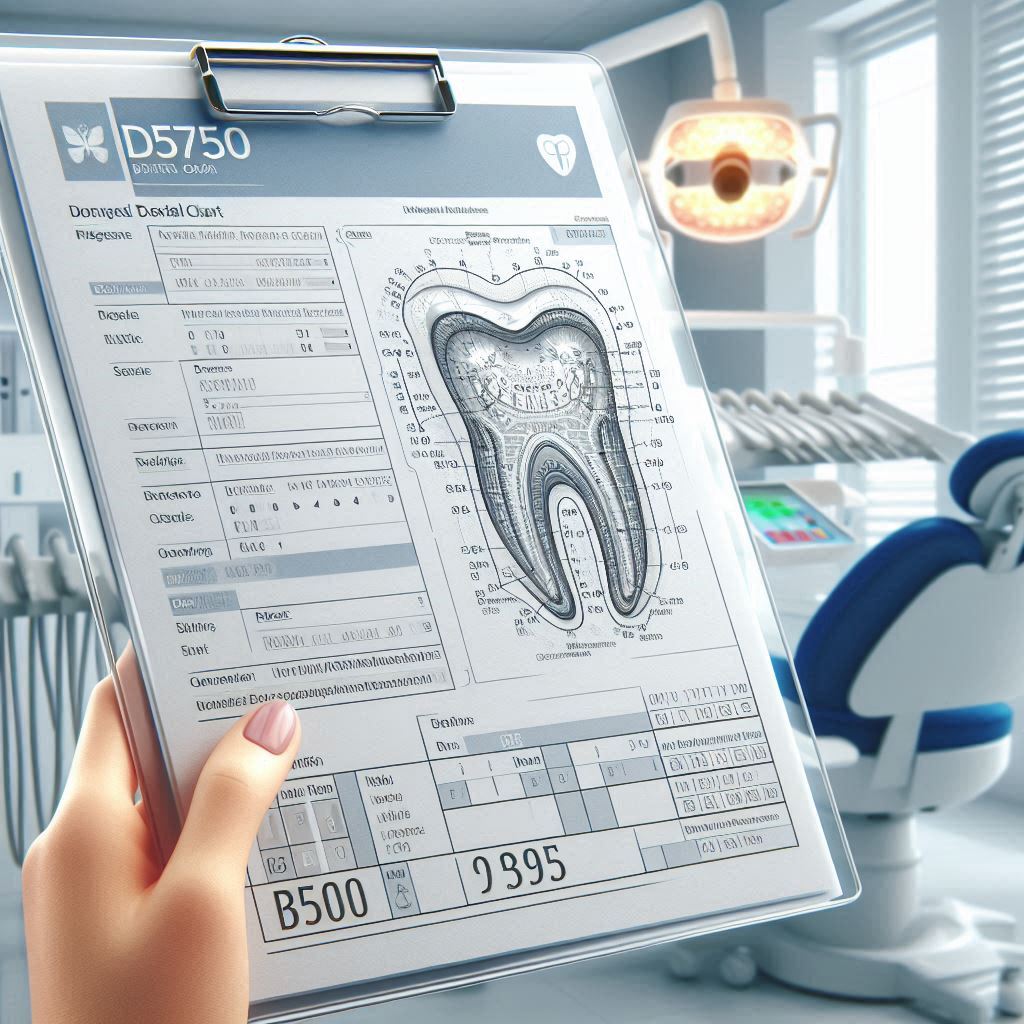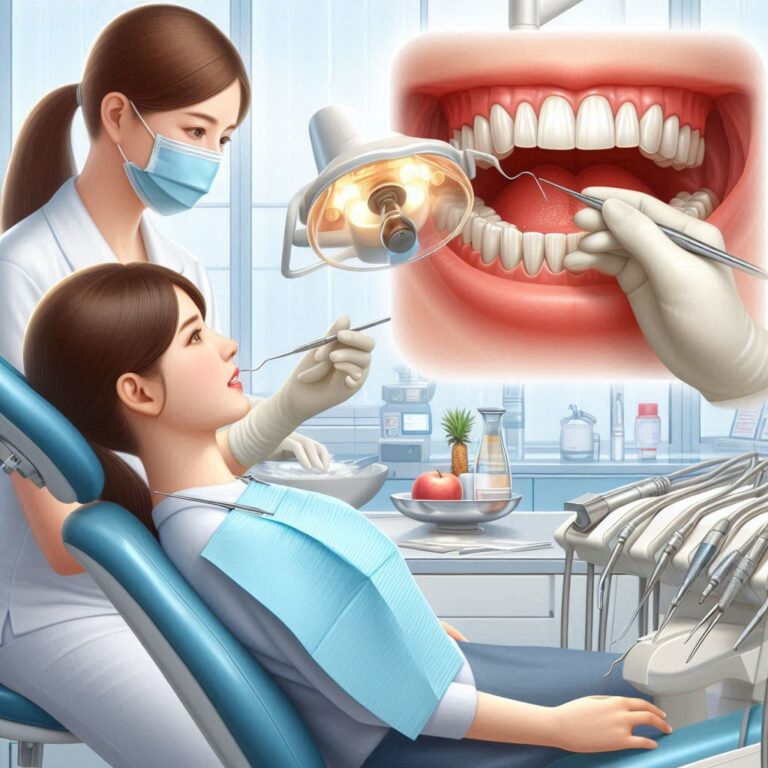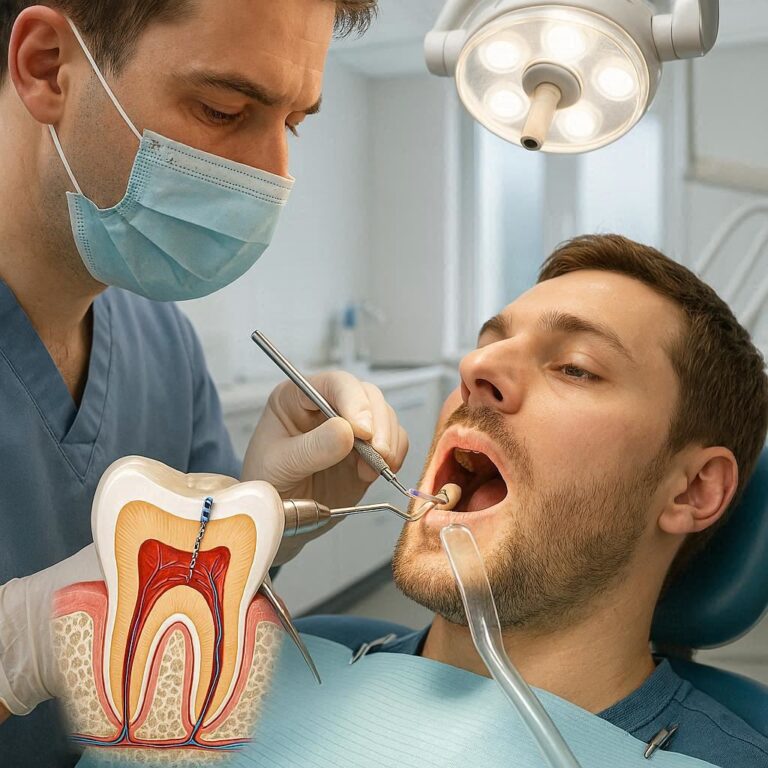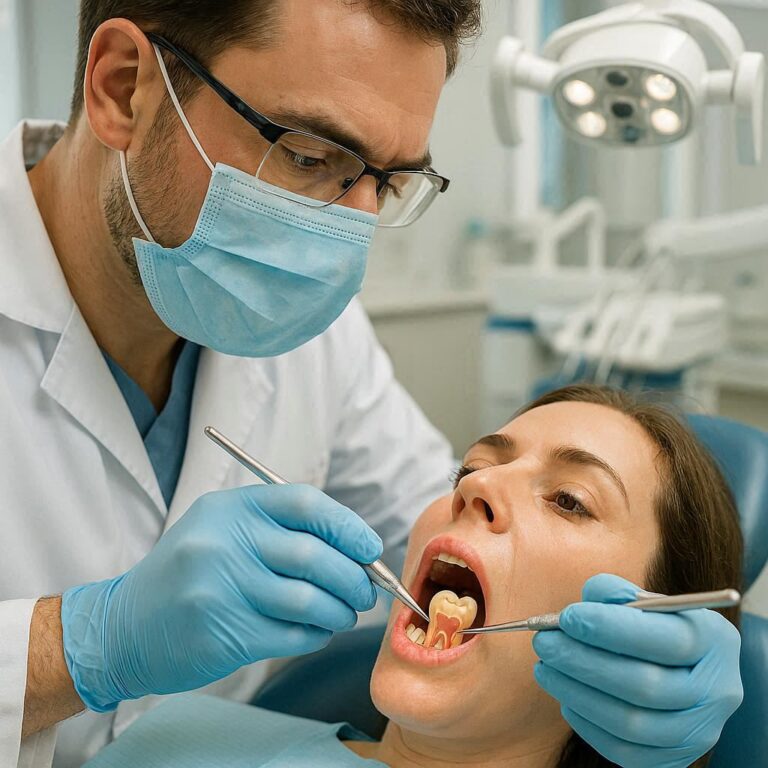D5750 Dental Code: A Comprehensive Guide
1. Introduction to the D5750 Dental Code
The D5750 dental code is an essential component in restorative dentistry. This procedural code is associated with relining complete maxillary dentures (laboratory), a vital dental procedure that helps improve the fit, function, and comfort of dentures. This article delves deeply into the details of D5750, covering its applications, benefits, costs, insurance aspects, and much more.

2. What Is the D5750 Dental Code Used For?
The D5750 code is used for complete maxillary denture relining, a procedure performed to reshape the inner surface of a denture to improve its fit inside the mouth. Over time, the shape of a patient’s mouth can change due to bone resorption, leading to a loose-fitting denture. Relining ensures a secure and comfortable fit by reshaping the denture base.
3. The Importance of D5750 in Restorative Dentistry
Maxillary dentures play a crucial role in restoring oral function for patients who have lost all their upper teeth. Without proper relining, dentures can cause discomfort, difficulty in chewing, and even lead to oral infections. The D5750 procedure is a cost-effective solution to extend the life of dentures without needing a complete replacement.
4. Procedure Details: How the D5750 Process Works
The D5750 procedure follows a series of carefully planned steps to ensure optimal denture fit:
- Examination – The dentist assesses the current denture fit and the patient’s oral health.
- Impression Taking – A dental impression is taken to capture the updated shape of the patient’s gums.
- Laboratory Processing – The denture is sent to a dental lab for relining, where a new acrylic base is added.
- Final Fitting – The relined denture is placed back into the patient’s mouth, adjusted for comfort, and checked for occlusion.
5. Who Needs the D5750 Dental Procedure?
Patients who might require D5750 denture relining include:
- Those experiencing loose-fitting dentures
- Individuals with gum shrinkage due to bone resorption
- Patients facing difficulty in chewing or speaking
- Those with discomfort or sore spots caused by ill-fitting dentures
6. Cost of the D5750 Procedure
The cost of D5750 denture relining varies based on several factors:
| Factor | Estimated Cost (USD) |
|---|---|
| Basic Lab Reline | $250 – $500 |
| Premium Lab Reline | $500 – $1,000 |
| Additional Adjustments | $50 – $150 |
7. Insurance Coverage for D5750
Many dental insurance plans cover D5750 under restorative procedures. However, coverage details depend on the insurance provider. It’s advisable to check with your dental insurance company regarding:
- Percentage of coverage
- Annual limits on prosthodontic services
- Waiting periods for denture-related procedures
8. Risks and Complications of D5750
While D5750 is a safe procedure, potential risks include:
- Gum irritation due to new material
- Improper fit requiring further adjustments
- Allergic reactions to relining materials
- Shortened lifespan of relined dentures if not maintained properly
9. Benefits of D5750 Compared to Other Procedures
Compared to full denture replacement, D5750 offers multiple advantages:
- Cost-effective alternative to getting new dentures
- Faster procedure with less waiting time
- Increased comfort due to improved fit
- Prolongs denture lifespan, avoiding frequent replacements
10. Post-Procedure Care and Recovery
To maintain relined dentures:
- Clean them daily with a soft brush and non-abrasive cleanser
- Avoid hot water, which may warp the material
- Store them in water or denture solution when not in use
- Visit your dentist regularly for adjustments
11. Alternatives to D5750
Other options include:
- Soft relining (for sensitive gums)
- Hard relining (for long-term solutions)
- New denture fabrication (if dentures are too old or damaged)
- Implant-supported dentures (for enhanced stability)
12. Finding the Right Dentist for D5750 Treatment
Choose a prosthodontist or a general dentist with experience in denture care. Check for:
- Certifications and experience
- Patient reviews and testimonials
- Advanced dental technology usage
13. Case Studies: Real-Life Experiences with D5750
- Case 1: A 65-year-old patient with loose dentures experienced a 90% improvement in fit after a D5750 reline.
- Case 2: A 70-year-old individual suffering from gum pain found significant relief post-relining.
14. Latest Advancements and Technology in D5750
- 3D Printing for precise denture relining
- Digital impressions replacing traditional molds
- Biocompatible materials reducing allergic reactions
15. FAQs
1. How often should dentures be relined?
Every 1-2 years, depending on wear and changes in gum structure.
2. Is D5750 painful?
No, but some patients may experience slight discomfort for a few days.
3. Can I eat normally after relining?
Yes, but start with soft foods before transitioning back to a normal diet.
16. Conclusion
The D5750 dental code covers complete maxillary denture relining, a cost-effective and essential procedure for maintaining denture fit. This treatment enhances comfort, stability, and longevity, ensuring better oral health for denture wearers.
17. Additional Resources
- American Dental Association (ADA): www.ada.org
- National Institute of Dental Research: www.nidcr.nih.gov
- Dental Health Foundation: www.dentalhealth.org


